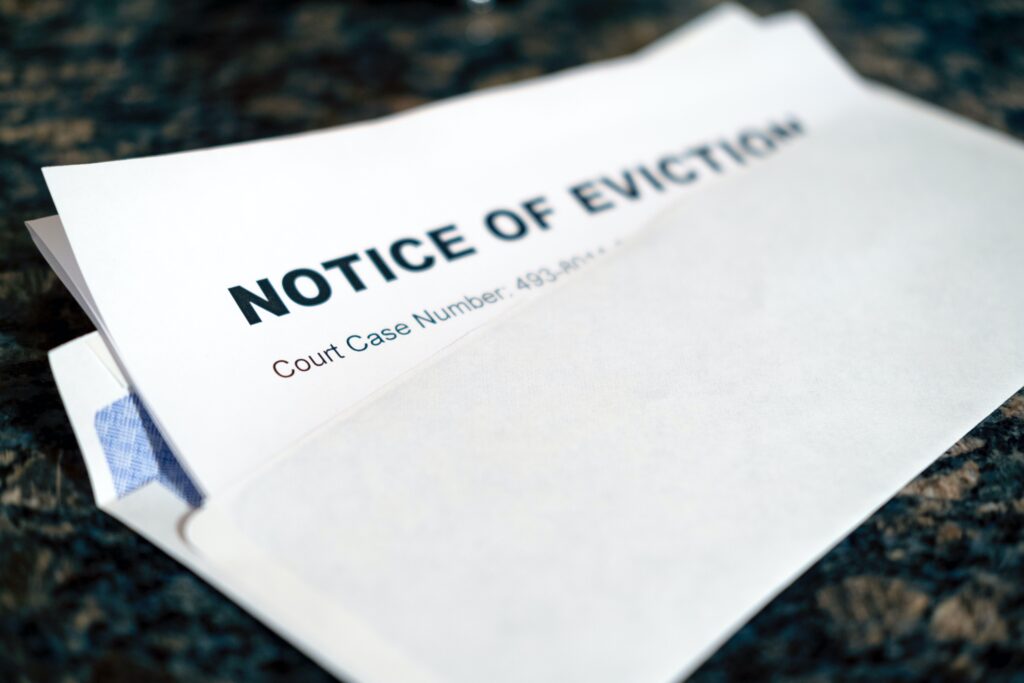Dealing with the loss of a loved one is difficult enough without having to worry about the legal complexities surrounding their estate. If you’re the executor or a beneficiary, understanding probate status is a central part of the process. But how can you actually confirm if probate has been granted for the deceased’s will and assets? This guide covers the simple steps for checking probate publicly in the UK, so you can proceed through the estate administration process with transparency and peace of mind.
Understanding probate in the UK
Before we look into how to verify probate status, it’s important to first understand what probate actually entails and why it’s such a vital legal process when someone passes away.
In simple terms, probate is the official process of validating a deceased person’s last will and testament as legitimate and legally binding.
By obtaining a grant of probate from the courts, the appointed executor named in the will receives the legal authority to access and distribute the deceased’s assets and estate in alignment with their final wishes.
Crucially, most institutions in the UK—from banks and investment brokers through to government entities and property registers—will not allow access, liquidation or transfer of a deceased individual’s assets without being presented validated grants of probate first.
For larger or more complex estates, especially those with high-value property holdings or intricate assets like trusts involved, probate representation from the courts is absolutely mandatory before executors can proceed administering the deceased’s affairs properly.
So understanding if and when probate has been officially granted represents the crucial first checkpoint for executors and beneficiaries alike before any other estate actions can commence in an official, lawful capacity.
How to check probate status
In the UK, there are a few straightforward avenues available for checking whether grants of probate have been issued for a given person’s estate:
The official Government estate records search
The simplest and most direct method involves using the government’s official online probate records search service.
On this website, you can search for grants of probate issued across England and Wales by inputting the following criteria:
- The deceased’s first name(s) and last name
- Any potential dates of death or date ranges to narrow results
- The last known permanent address/location for the deceased
Once submitted, the search will populate all records of wills and grants administered through probate matching those parameters. If probate has been granted, you’ll see key details including:
- The full name of the deceased
- Their date of death
- The probate registry location where the grant was issued
- The names of any appointed executor(s) approved through probate
- The official probate reference number assigned
This official government database is regularly updated to reflect the most current probate cases across the country. So if records appear for your case, you can be assured probate has been successfully obtained and executor representation authorised.
If no records appear, it may simply mean the probate process is still ongoing. Checking periodically every few weeks can allow you to monitor for any updates until a grant is formally issued. New probate records take approximately 14 days after probate has been issued to appear online.
Probate court record checks
As an alternative, you can contact the specific probate registry locations directly to enquire about case status if you already know where the application was filed.
Major probate registry hubs are located in cities like London, Birmingham, Manchester, Leeds, Liverpool and others across England and Wales. Many allow you to search registers in person at the courthouse or submit requests via email or phone.
To check probate status this way, you’ll need to provide the deceased’s full name and location details. The registry can then look up any existing granted cases matching that criteria in their local records.
While more cumbersome than the national online portal, this local court approach may be preferable if probate applications are newer since processing delays can mean they haven’t appeared in the centralised database yet. Going directly to the filing location source can surface the latest updates faster in some cases.
Hiring a probate research firm
For an additional fee, you can also engage professional probate research specialists to investigate and confirm probate status on your behalf.
Professional companies offer UK-wide tracing services to uncover grants of probate or outstanding wills across all registries and jurisdictions through their legal data connections. They provide formal reports detailing if probate exists or not.
While this paid third-party route may be unnecessary for straightforward estate situations you can easily check yourself, probate research firms prove valuable when:
- Case details like locations are unknown or ambiguous
- Handling complex, multi-jurisdictional estates across the UK
- Inheriting surprise assets from an unfamiliar source requiring verification
- Needing professional documentation for bona fide legal purposes
Probate checking services offer confidential, expert insight for a fee when self-directed searches get too convoluted or lack the required comprehensiveness.
Additional UK probate databases
Beyond the national government portal and local registries, a handful of other databases also exist for confirming UK probate cases:
The London Gazette
Published regularly, the London Gazette contains official public record notices across England and Wales—including details on newly issued grants of probate. Notices appear under the “Wills and Data Entries” section.
Wills and probate advertisements
Another option is checking probate inserts printed in regional newspapers like the Daily Telegraph and Times. Executors often publish legal notices here as part of standard estate administration protocols.
However, these supplementary databases should be used for additional confirmation after first checking official government sources directly. Published notices may experience lags or other delays making them less definitive on their own.
By post
You can also check via post by filling out a form on the Government website. Searches by post cost £1.50, and you should get a response within around four weeks.
Ultimately, verifying whether probate has been granted is an important first step before any other actions around distributing assets or settling affairs can legally proceed for the deceased’s estate. Using the proper public record checking channels, executors, beneficiaries and others can conduct this important due diligence efficiently and confidently.
Dealing with property during probate
If the deceased’s estate includes property, this can often be a complex aspect of probate.
In the UK, you are legally obliged to pay inheritance tax within 6 months of the date of death. This law often puts a lot of pressure on many executors to liquidate assets such as property quickly to cover the cost of the tax.
If you’re looking to sell property quickly, Property Rescue offers the fastest solutions. We specialise in buying probate properties, and can complete purchases within as little as 7 days (or within any timeframe of your choice).
This can be particularly helpful for executors trying to settle estates promptly or when dealing with properties needing substantial repairs. Property Rescue provides free, no-obligation valuations, giving executors a clear idea of potential quick sale values.








